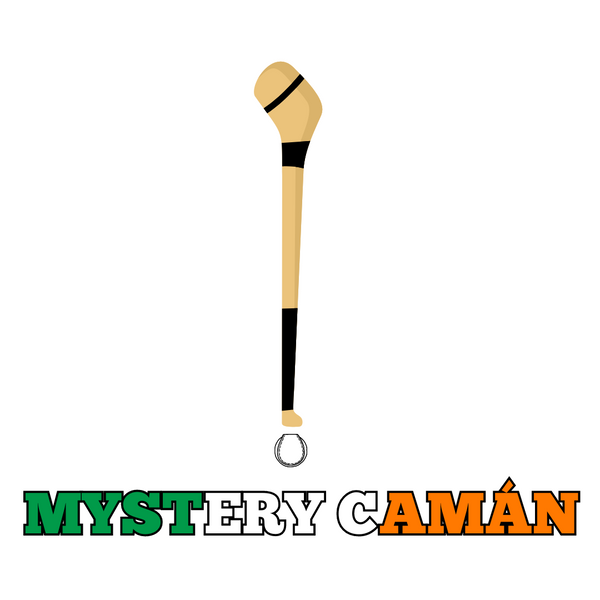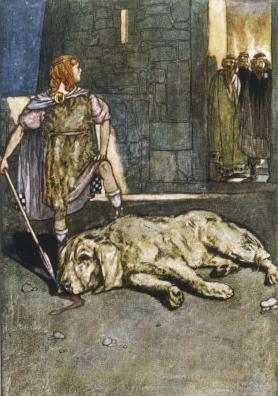Hurling, one of the oldest and fastest field sports in the world, has been played in Ireland for over 3,000 years. This ancient Gaelic game is deeply rooted in Irish history and culture, with evidence suggesting its existence long before recorded history. But just how long have the Irish been playing hurling, and how has the game evolved over the centuries?

The Ancient Origins of Hurling
The earliest references to hurling date back to Irish mythology, specifically in the epic tales of the Táin Bó Cúailnge (The Cattle Raid of Cooley). The legendary warrior Cúchulainn was said to have played hurling as a child, demonstrating the sport’s importance in early Irish society. Archaeological findings also suggest that variations of hurling were played by the Celts upon their arrival in Ireland around 1200 BC.

Hurling in Medieval Ireland
During the medieval period, hurling continued to thrive and was widely played across Ireland. Historical records from the 14th and 15th centuries mention hurling matches being played among clans and communities. However, the game was often seen as unruly and was occasionally banned by English authorities, particularly during the 16th and 17th centuries, as part of efforts to suppress Irish culture.

The Revival of Hurling in the 19th Century
(Pictured above Mícheál Ó Cíosóig (Michael Cusack) founder of the GAA) By the 19th century, hurling had experienced a decline, but its revival came with the formation of the Gaelic Athletic Association (GAA) in 1884. The GAA formalised the rules of hurling and established an organised structure for the sport. This period marked the beginning of modern hurling, leading to its widespread popularity across Ireland.

Hurling in the Modern Era
Today, hurling is played as an amateur sport, with the All-Ireland Hurling Championship being the pinnacle of the sport. The game continues to be an integral part of Irish identity, attracting players and fans from around the world. In 2018, UNESCO recognised hurling as an intangible cultural heritage, further cementing its historical significance.
Conclusion
The Irish have been playing hurling for more than 3,000 years, making it one of the longest continuously played sports in the world. From its mythological origins to its modern-day prominence, hurling remains a cherished part of Ireland’s heritage. As the sport continues to evolve, its rich history ensures that it will remain a defining element of Irish culture for generations to come.

